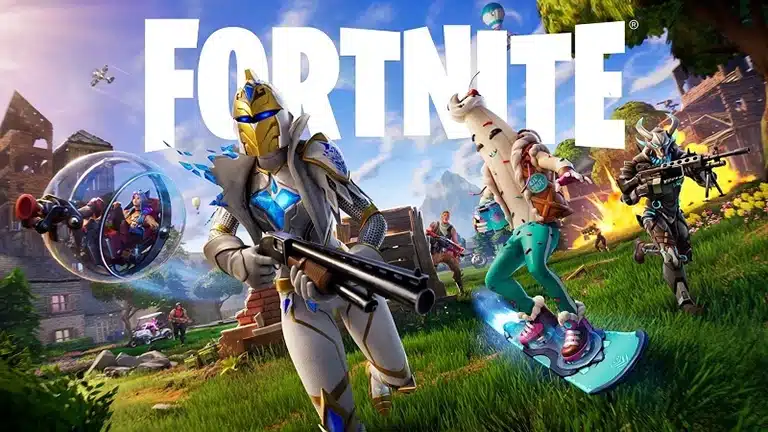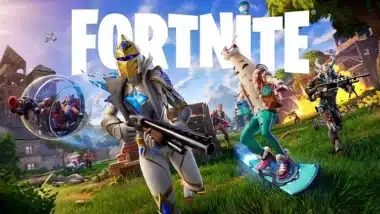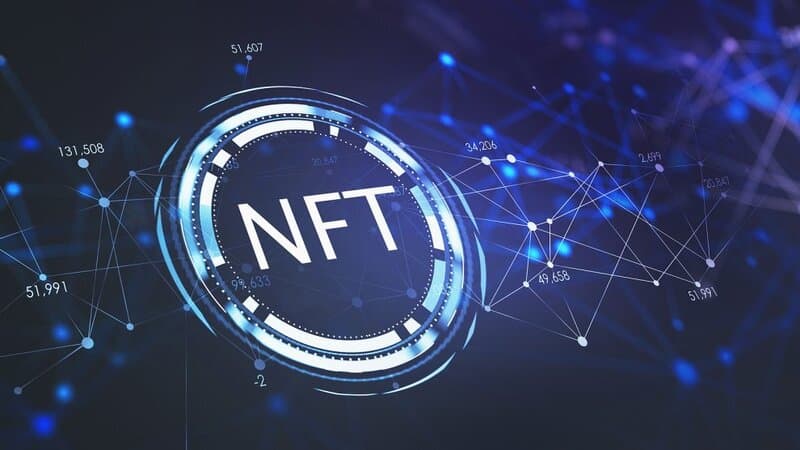The world of gaming has experienced significant transformations over the past few decades. Among the most influential titles is Fortnite, a game that has captivated millions of players worldwide. Simultaneously, the rise of NFTs (Non-Fungible Tokens) is revolutionizing the digital economy. Combining these two trends opens up exciting possibilities for the future of gaming and digital collectibles. This article delves into the synergy between Fortnite and NFTs, exploring how they could shape the gaming landscape.
The Rise of Fortnite
Fortnite debuted in 2017 and quickly became a cultural phenomenon. Its unique combination of battle royale gameplay, building mechanics, and vibrant art style attracted players from all demographics.
Fortnite’s Early Success
Upon release, Fortnite’s innovative gameplay mechanics distinguished it from other games. The ability to build structures in real-time added a strategic layer to the traditional battle royale format, making every match a unique experience.
Cultural Impact and Community
Fortnite’s influence extended beyond gaming. It became a social platform where players gathered not just to compete but also to socialize. In-game events like concerts and movie screenings turned Fortnite into a virtual entertainment hub.

The Emergence of NFTs
While Fortnite was dominating the gaming world, NFTs were making waves in the digital art and collectibles markets. NFTs are unique digital assets verified using blockchain technology, ensuring their scarcity and ownership.
Understanding NFTs
NFTs represent ownership of a unique item or piece of content, whether it’s art, music, or in-game items. Unlike cryptocurrencies, NFTs are indivisible and unique, adding a layer of exclusivity to digital assets.
NFTs in the Digital Economy
NFTs have created new opportunities for artists and creators to monetize their work. By selling digital art or collectibles as NFTs, creators can reach a global audience and ensure they receive fair compensation through smart contracts.
Fortnite and the Potential of NFTs
The intersection of Fortnite and NFTs presents intriguing possibilities for gamers and developers alike. Integrating NFTs into Fortnite could revolutionize how players perceive and engage with in-game assets.
In-Game Assets as NFTs
Imagine owning a rare skin or emote in Fortnite that you could trade or sell as an NFT. This would give players true ownership of their in-game items, creating a new digital economy within the game.
Enhanced Player Experience
NFTs could enhance the player experience by introducing unique, collectible items that hold real-world value. This could incentivize players to participate more actively in events and challenges to earn exclusive NFTs.
Challenges and Considerations
Despite the exciting potential, integrating NFTs into Fortnite is not without challenges. Addressing these issues is crucial for a smooth and successful implementation.
Technical Hurdles
Implementing NFTs in a game like Fortnite requires significant technical adjustments. Ensuring the seamless integration of blockchain technology with the game’s existing infrastructure is a complex task.
Regulatory Concerns
The legal landscape surrounding NFTs is still evolving. Developers must navigate these regulatory waters carefully to avoid legal pitfalls and ensure compliance with emerging laws.
The Future of Gaming with NFTs
Looking ahead, the integration of NFTs in gaming could redefine the industry. Fortnite could lead the way in demonstrating the potential of this technology.
Potential Industry Trends
As more games adopt NFT technology, we could see a shift towards a player-driven economy where gamers have more control over their in-game assets. This could lead to a more engaged and invested player base.
Community and Collaboration
The gaming community could see enhanced collaboration between developers and players. NFTs could enable new forms of community-driven content creation and monetization, fostering a more inclusive gaming environment.
Real-World Examples
To understand the potential impact, it’s helpful to look at other games and platforms already exploring NFTs.
Axie Infinity
Axie Infinity is a pioneering example of a game utilizing NFTs. Players collect, breed, and trade virtual pets called Axies, each represented as an NFT. This has created a vibrant in-game economy, demonstrating the feasibility of such models.
Decentraland
Decentraland is a virtual world where users can buy, sell, and trade virtual real estate as NFTs. This platform illustrates how NFTs can create value and community in a digital space.
Player Perspectives
Understanding how players perceive the integration of NFTs into Fortnite is crucial. Player feedback and engagement will determine the success of such initiatives.
Enthusiasm and Skepticism
While some players are excited about the potential of NFTs, others are skeptical. Concerns about accessibility, environmental impact, and the potential for scams must be addressed to gain widespread acceptance.
Community Feedback
Engaging with the community through forums, surveys, and beta testing can provide valuable insights. Developers should prioritize transparency and address player concerns to foster trust and acceptance.
Environmental Impact of NFTs
A significant concern regarding NFTs is their environmental impact. Blockchain technology, particularly Ethereum, which many NFTs use, has a substantial carbon footprint.
Sustainable Solutions
Developers are exploring more sustainable blockchain solutions, such as Ethereum 2.0 and alternative blockchains like Polygon, which aim to reduce environmental impact.
Responsible Implementation
By adopting greener technologies and promoting responsible NFT usage, the gaming industry can mitigate environmental concerns and promote sustainability.
Economic Implications
The integration of NFTs into Fortnite could have significant economic implications for players and developers alike.
New Revenue Streams
NFTs could introduce new revenue streams for both Epic Games and players. Developers could earn through initial NFT sales and transaction fees, while players could profit from trading in-game assets.
Market Dynamics
The introduction of a player-driven economy could also affect market dynamics. The value of in-game items would be influenced by player demand and market trends, creating a dynamic and evolving economic landscape.
Conclusion
The fusion of Fortnite and NFTs represents a thrilling frontier in the gaming world. While challenges exist, the potential benefits for players and developers are immense. As technology and regulations evolve, we could witness a new era of gaming where digital ownership and player-driven economies become the norm. By embracing this innovation responsibly, Fortnite could pave the way for a future where gaming and digital collectibles are more interconnected than ever before.



